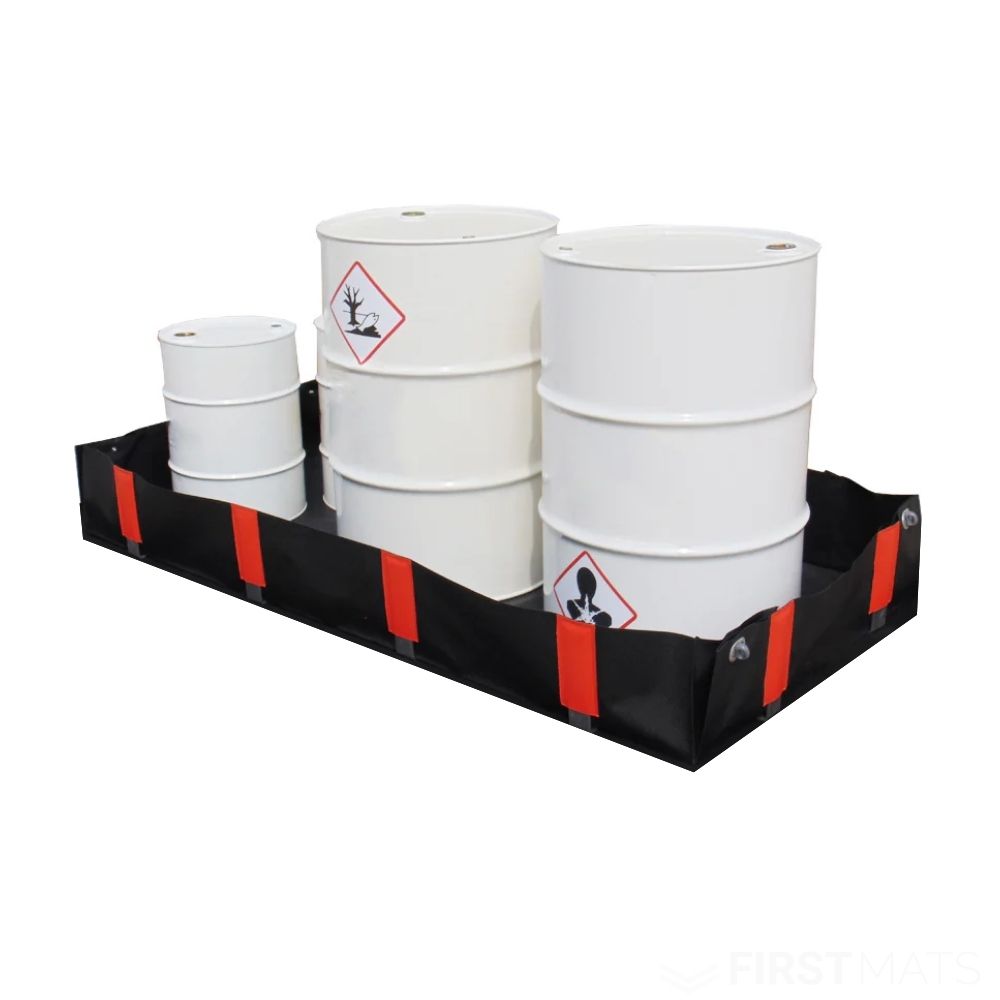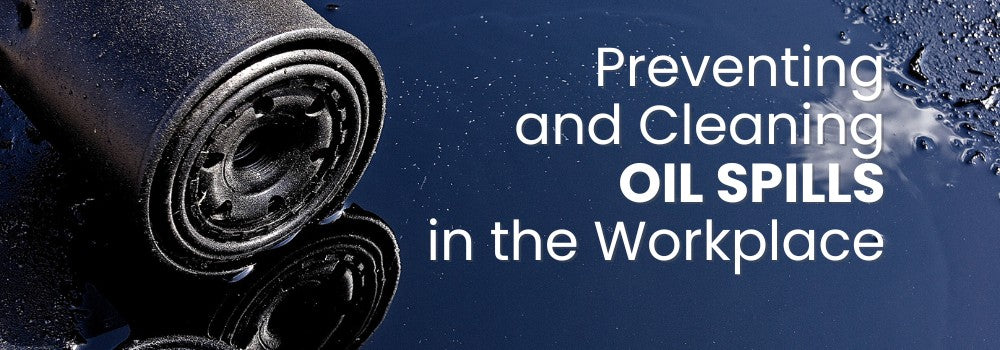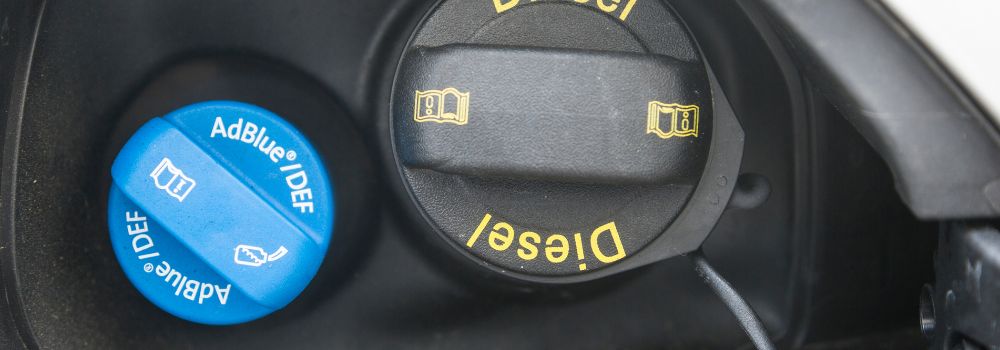Bund Integrity Testing - What You Need to Know
As a responsible business owner, protecting your assets should be one of your top priorities. One approach to securing your assets is using portable bunding solutions, such as bunded pallets and IBC bunds. These are secondary containment systems designed to prevent the escape of hazardous chemicals or liquids in case of a spill or leak. Not only do these systems protect your assets, but they also contribute to maintaining the safety and health of people and the environment.
In this article, we'll focus on the importance of bund integrity testing for bunded pallets and IBC bunds, the different methods available for this process, and the benefits of regular testing.
Spill Containment Bunds: Bunded Pallets and IBC Bunds
Bunded pallets and IBC bunds are portable containment systems that offer a flexible and efficient solution for storing and transporting liquids and chemicals. Usually made from high-density polyethylene (HDPE) or other durable plastic materials, they provide secondary containment to prevent hazardous materials from causing environmental contamination.
Just like concrete or steel bund walls, these portable units require regular integrity testing to ensure they continue to function as expected and provide the necessary protection against potential leaks or spills.

The Importance of Bund Integrity Testing for Bunds and Pallets
Just as bund walls can deteriorate over time, so can portable bunding pallets. The materials used to construct bunded pallets and IBC bunds can damage or weaken due to extended use or exposure to certain chemicals, which may compromise their containment capability. This is where bund integrity testing comes into play.
By regularly testing the integrity of your bunded pallets and IBC bunds, potential issues can be identified and addressed before they escalate into more significant problems.
What is Bund Integrity Testing for Portable Units?
Bund integrity testing for portable units involves a comprehensive evaluation of your bunded pallets or IBC bunds to ascertain their containment effectiveness. This testing process employs various methods to discover flaws, such as cracks or leaks. Early detection of these defects allows for timely repairs or replacements, preventing potential hazards.

Types of Bund Integrity Testing Methods
Several methods can be employed for bund integrity testing for bunded pallets and IBC bunds. These include:
- Visual inspections — physically inspecting the bund for any visible defects or damage.
- Hydrostatic testing — filling the bund with water to check for leaks.
- Ultrasonic testing — using sound waves to identify cracks or defects in the bund.
- Vacuum testing — applying a vacuum to the bund to check for air leaks.
Factors to Consider During Bund Integrity Testing
The accuracy and effectiveness of bund integrity testing can be influenced by various factors, including the age of the bund, the type of material it is made from, its location, and the type of substance it is designed to contain. All these factors should be considered when selecting the most appropriate method of bund integrity testing.
Steps to Follow During Bund Integrity Testing
When conducting a bund integrity test, start with a visual inspection to identify any signs of chemical leakage or other debris within the bund. It's crucial to keep the bund clear at all times.
Next, inspect the drain valve (if present), ensuring it's fully closed and only accessible by authorised personnel. Additionally, check that it's lockable, with clear markings for open and closed positions.
Once these initial checks are complete, you can conduct a hydrostatic test by filling the bund with water to evaluate its ability to retain high volumes of liquid. This test will also evaluate the reliability of any attached pipes, wall mounts, and valves.
You could also opt for one of the other testing methods mentioned above, depending on the specific circumstances and requirements.
Benefits of Regular Bund Integrity Testing
Regular bund integrity testing for portable units offers numerous benefits. These include identifying weaknesses or defects early on, ensuring compliance with environmental regulations, preventing environmental damage, and potentially saving your business from financial losses resulting from spills or leaks. Regular testing can also help extend the lifespan of your bunded pallets or IBC bunds.
Legal Requirements for Bund Integrity Testing
In many jurisdictions, regular bund integrity testing is a legal requirement to ensure that containment systems are safe and compliant with environmental regulations.
For instance, in the UK, the Control of Major Accidents & Hazards (COMAH) requires businesses to take the necessary measures to prevent major accidents involving dangerous substances. This means minimising the potential consequences for people and the environment using secondary containment measures, such as bunded pallets or IBC bunds.
Failing to comply with these regulations could result in hefty fines and legal action, as well as potential reputational damage to your business.
Conclusion
Portable bunding solutions, like bunded pallets and IBC bunds, play a crucial role in safeguarding against the accidental release of hazardous substances.
Just like their permanent counterparts, these units need regular bund integrity testing to ensure they're up to the task of protecting your business, people, and the environment.
By selecting an experienced and reputable bund integrity testing provider and adhering to a regular testing schedule, you can protect your assets, ensure regulatory compliance, and prevent environmental harm.
Thank you for reading. Stay safe, and remember that prevention is always better than cure.








